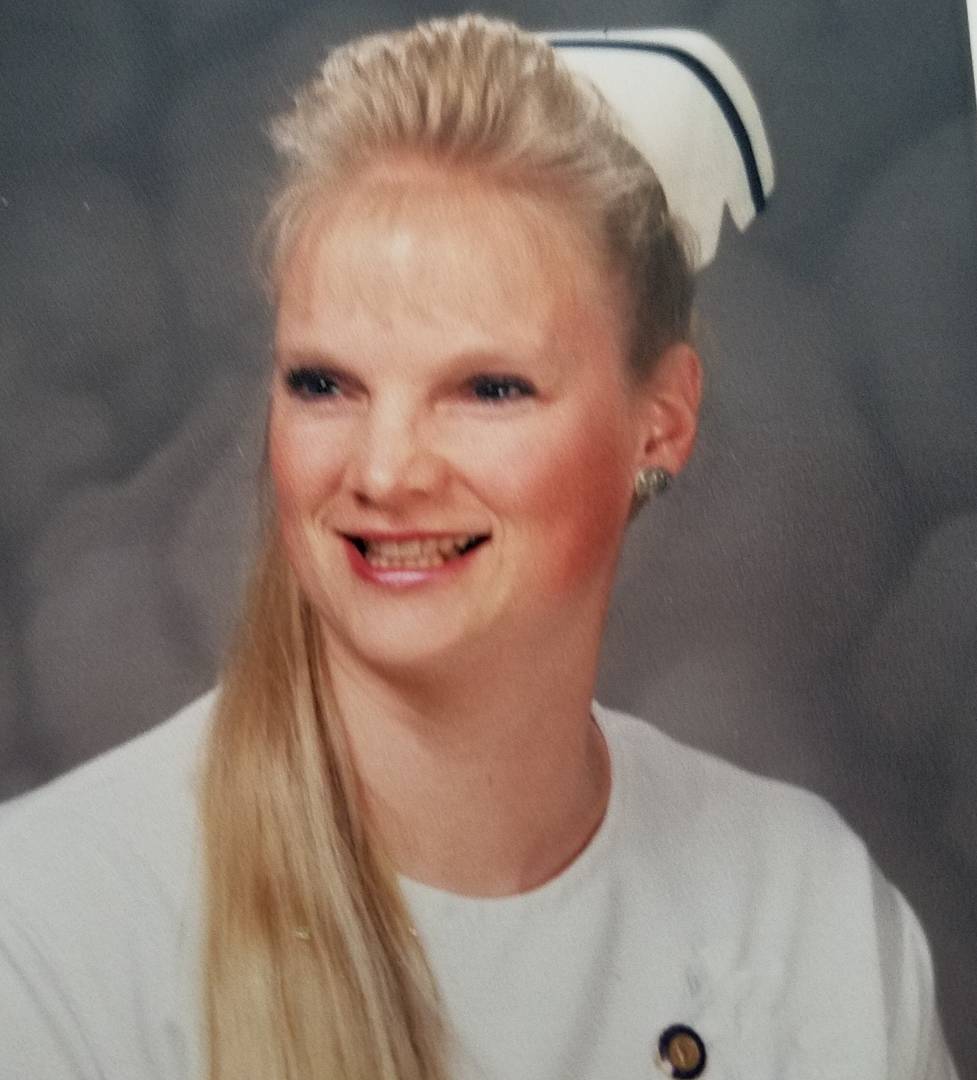Nurse Stories: Polly
By AmerisourceBergen
Lash Group Nurse Navigators
Polly's Story
Life has a funny way of pulling you in unexpected directions.
Take Polly, a nurse navigator with Lash Group, who used to work in real estate and finance before embarking on a second career as a clinician. She never expected to become a nurse—much less one who works with cancer patients over the phone.
And yet, she made the decision to change her path and immersed herself in the healthcare industry with the goal of helping patients. She now focuses on supporting people in the grip of chronic disease as part of a medication adherence program for an oral oncolytic. The specialty medication is indicated for cancer patients and those with rare diseases that trigger seizures and tumors.

Some of those patients are children. Some can't walk or talk. Many of their prognoses are terminal. Each patient requires individualized support as they navigate through financial, emotional and physical barriers of chronic disease.
Polly provides this individualized support from her home office on the East Coast. Through a concierge program that involves inbound and outbound phone calls, she works alongside a remote team of four other nurses and a program coordinator who together work with patients and caregivers to help patients start and stay on the drug.
Navigating access to medication
The support from Lash Group follows each patient's therapeutic journey, and all the twists and turns along the way. “We don't have any drop-off period where we say, 'Okay, everything's good, we'll see you later,'" Polly says. “Instead, the program is ongoing."
As soon as an enrollment form for a prescribed medication is received from the physician, Polly's team confirms that the clinical case qualifies for the drug, and if so, verifies insurance benefits and coordinates pre-authorizations when needed. A sample pill pack program can help patients get an early start on the medication during benefits verification.
“We know how important it is to get patients rapid access to the treatments they need," she says. “If I have a problem with somebody's insurance, for example, I'll do whatever I can to get those issues resolved as quickly and accurately as possible. Sometimes we might not even know why the problem is happening, so I have to do some investigating to see what's going on."
Working from a Lash Group task and patient management system, nurse navigators also ensure patients have the tools to start treatment right away—from giving medication instructions to coordinating drug shipments with the pharmacy. If patients can't afford their co-pay, Polly connects them with financial resources or other program service offerings to help with that, too.
“It's kind of like a case management scenario," she says. “From providing financial resources to insurance and pharmacy coordination, we're the primary point of contact for our patients who have these rare diseases. And of course, our biggest role is to provide them with education about the drug and make sure that they're taking it properly."
"For many of these folks, they're facing a terminal illness so their families have many questions, too."
A personalized approach to patient adherence
Since patients' medical and psychosocial needs vary, Polly and other nurse navigators personalize their approach to each individual. As a result, she works to understand each patient during their treatment journey, some ongoing for several years.
“It's nice having that familiarity with a patient. I'm aware of their level of education and how much anxiety they may be experiencing," she says. “For many of these folks, they're facing a terminal illness so their families have many questions, too. You have to be an active listener, to tailor your conversation to them and anticipate what types of questions they'll ask."
Polly credits the training she received from Lash Group that taught her specialized skills in motivational interviewing. She uses the technique during her once-a-month check-in calls with patients and caregivers to help reveal and remove potential barriers to medication adherence.
“Motivational interviewing allows me to get better information from people when they're not quite giving me all the details," she says. “It really helps me craft the right questions that help them open up about their experience and any challenges they may be having."
Exactly where she needs to be to make an impact
In her six years with Lash Group, Polly has touched so many lives with her calming voice and get-things-done attitude. Though it's a career she never considered in her early years, now she can't imagine doing anything else. Life has landed her exactly where she needs to be.
“People don't realize that we really can make an impact, even though we aren't face-to-face with the patient," she says. “But you can still have a huge impact on their treatment. You can still have a huge impact on their life."




